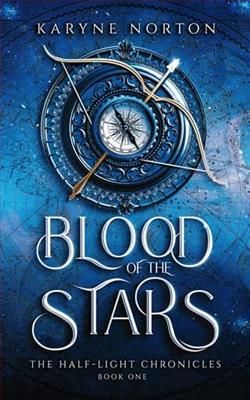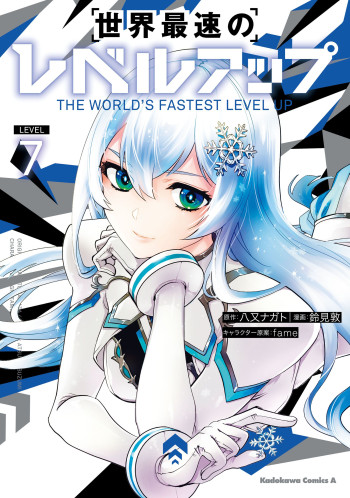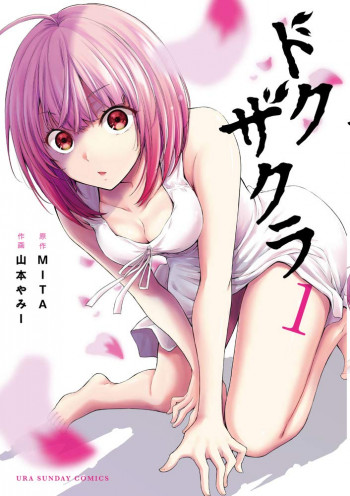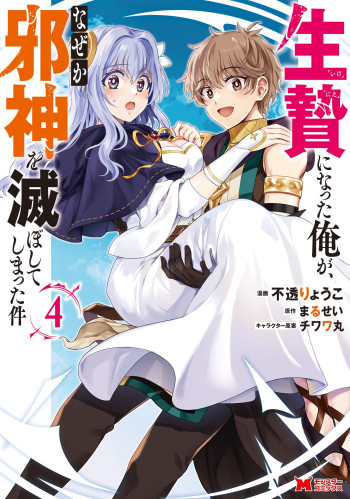Blood of the Stars by Karyne Norton is an ambitious entry into the realm of epic fantasy, brimming with intrigue, well-crafted magical systems, and vivid world-building. At its heart, the novel explores themes of destiny, power, and the permeating effects of war on society and individual lives. Norton's narrative choice and prose provide a mixed bag that both engrosses and, occasionally, stumbles, providing readers with a layered journey through her imagined world.
The story unfolds in the war-ravaged lands of Eloria, where the kingdom is not just torn apart by outside forces but also corroded by conflicts within. The protagonist, Alaric, is thrust into this chaos following the mysterious death of his brother, the king. Alaric, a reluctant hero burdened with an unasked-for crown, discovers the war is merely a veil for the deeper magical forces at play. From the outset, Norton does an excellent job of setting the stakes high, weaving a narrative that seamlessly blends political machinations with arcane warfare.
One of the standout features of Blood of the Stars is its magic system. Norton describes magic not just as a force but as an almost sentient entity that is intimately linked with its user. This connection is explored through the Blood Bond, a risky magical connection that enhances powers at the expense of personal health and sanity. Alaric's struggle to harness this power without being consumed by it adds a compelling psychological layer to his character development, which is one of the strongest aspects of Norton's writing.
The pacing of the book is generally well-handled, with a good balance between action scenes and quieter, more reflective passages that build the world and characters. However, at times, the narrative feels bogged down by overly descriptive passages that stall the momentum of the story. Norton clearly has a keen eye for detail, which enriches the setting but sometimes at the expense of pacing.
Norton's secondary characters are richly drawn, each adding depth and complexity to the story. For instance, Mira, a spy for the king and Alaric's unlikely ally, provides a refreshing female perspective to a genre often dominated by male viewpoints. Her chapters are some of the most engaging, filled with espionage and a palpable tension as she navigates the dangerous waters of court politics while hiding her magical abilities.
The diversity of the cast and the inclusivity of different cultures and backgrounds are worth noting, as they add realism and richness to the world of Eloria. It’s also pleasing to see a mainstream fantasy novel embracing such diversity in its cast of characters, not merely in terms of race but also in terms of sexual orientation and moral complexity. This approach provides a mosaic of perspectives, which is crucial in a genre that all too often defaults to a more homogeneous portrayal.
The dialogue in Blood of the Stars is another strong point, with each character’s voice clear and distinct. Conversations flow naturally, with a good mix of wit and gravity, suiting the varied tones that the novel strikes from somber to light-hearted moments. However, there are instances where modern colloquialisms seep through, which can momentarily pull the reader out of the period setting. Nevertheless, these moments are few and do not significantly detract from the overall narrative.
Despite the novel’s many strengths, some readers might find the number of subplots overwhelming. Norton attempts to tackle a range of issues and themes, and while most are executed with finesse, there are strands that feel underdeveloped. For example, the lore surrounding the origins of magic in Eloria is fascinating but feels like it could be explored in greater depth.
The conclusion of Blood of the Stars is satisfactory, bringing together the main threads in a manner that is both exciting and logical. It sets up potential for further exploration in subsequent volumes, particularly with regard to the larger cosmic battles that the ending hints at. Readers who appreciate narratives with scopes that span beyond mere mortal struggles will find these teasers enticing.
In summary, Blood of the Stars by Karyne Norton is a commendable fantasy novel that offers a rich tapestry of intrigue, magic, and character-driven drama. With its detailed setting and complex characters, it stands as a promising start to what could be a deeply compelling series. While it navigates some narrative pitfalls, the novel ultimately provides a robust foundation for further storytelling. Fans of authors like Brandon Sanderson or Brent Weeks will likely find much to appreciate in Norton’s elaborate, magical world.
























Reviews 0
Post a Reviews: